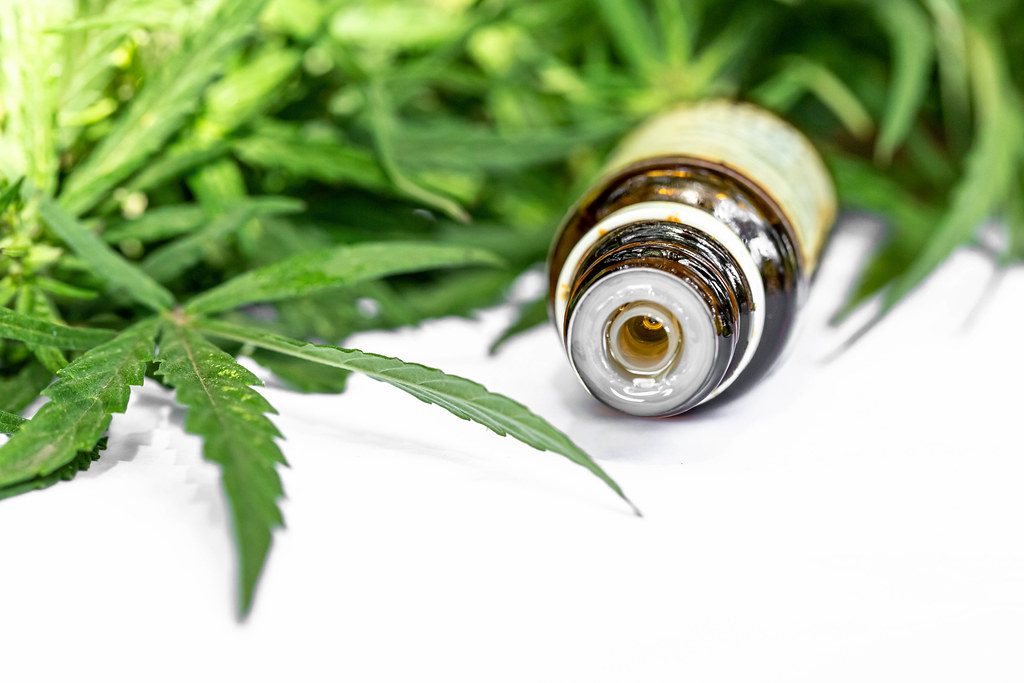Is Cannabidiol Addictive
Is Cannabidiol Addictive. Cannabidiol, commonly known as CBD, is a compound found in cannabis plants. Unlike its counterpart THC, CBD does not produce a high, leading to questions about its addictive nature.
Understanding CBD
CBD is one of many cannabinoids in cannabis. It’s known for its potential therapeutic benefits, including pain relief, anxiety reduction, and sleep improvement. However, its non-psychoactive nature differentiates it from THC.
Is CBD Addictive?
The World Health Organization (WHO) reports that CBD does not exhibit properties typical of substance abuse or dependence. Unlike THC, CBD does not bind strongly to cannabinoid receptors in the brain, which are key in addiction pathways.
CBD vs. THC: Addiction Potential
THC, the psychoactive compound in cannabis, can lead to dependency in some users. In contrast, CBD does not produce intoxicating effects, reducing its risk for abuse or addiction.
Medical Use of CBD
Furthermore, CBD is gaining traction in the medical community. It’s used to treat conditions like epilepsy, chronic pain, and anxiety. This therapeutic use underlines its safety profile, distinct from addictive substances.
Regulatory Stance on CBD
Regulatory agencies, such as the FDA, continue to evaluate the safety and efficacy of CBD products. Nonetheless, the current evidence points to a low risk of addiction.
Conclusion
In conclusion, CBD, known for its potential health benefits, appears to have a low risk of addiction. Understanding the differences between CBD and THC is key to appreciating its safety profile. However, users should always consult healthcare professionals before starting any CBD regimen, especially considering the varying regulations and quality of CBD products.
Click here to read similar articles.



Add Comment